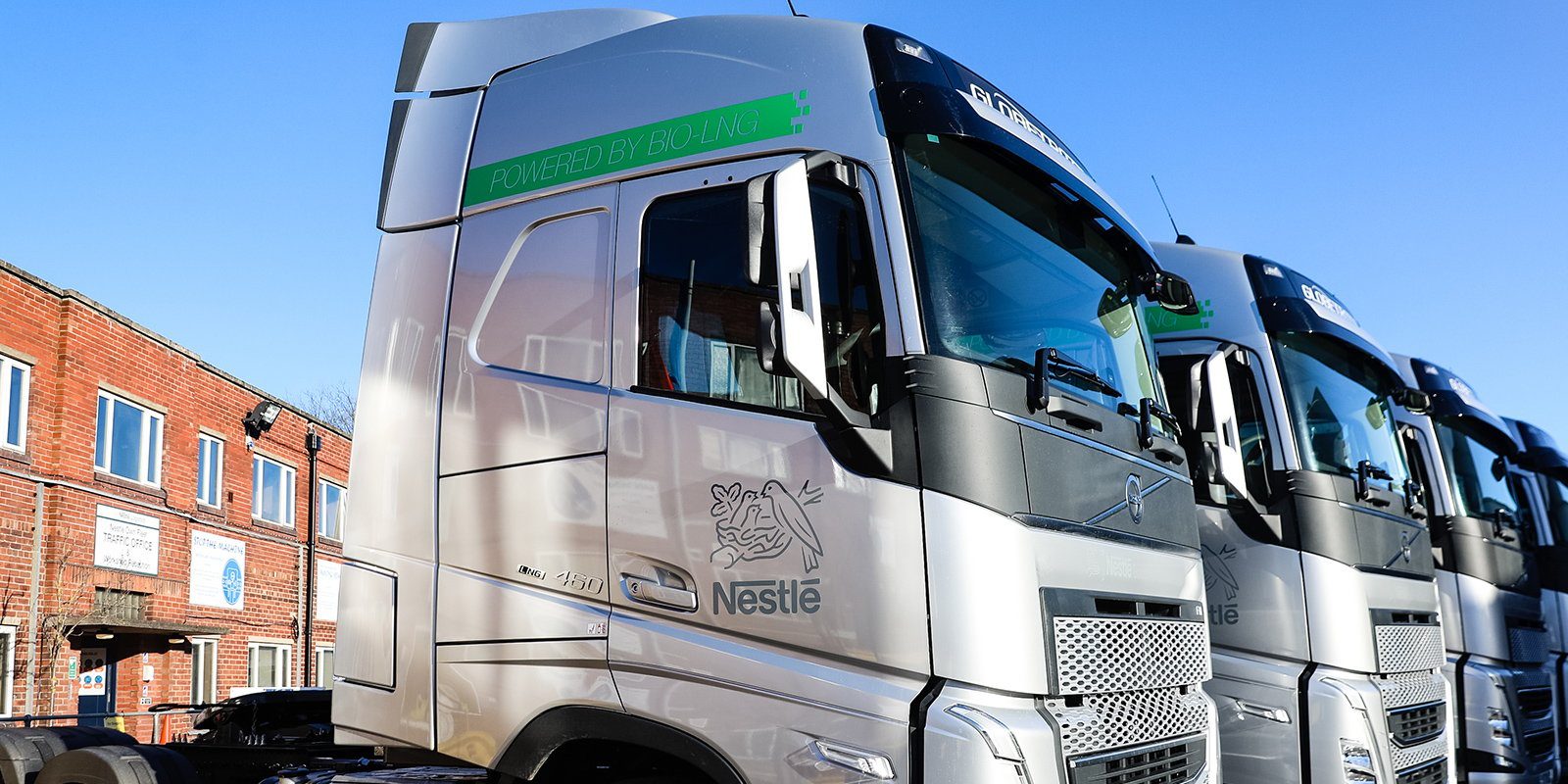Nestlé is investing over 101 million euros by 2030 in low-carbon logistics for its three international water brands: S. Pellegrino, Acqua Panna and Perrier. This investment will focus on optimizing logistics routes and accelerating train transport, increasing the use of alternative fuels and transportation options and testing innovative alternative transportation options. By eliminating unnecessary journeys and shifting towards alternative modes of transport, Nestlé’s international water brands will be able to reduce their total greenhouse gas (GHG) emissions and contribute to Nestlé’s 2050 net zero commitment.
The vast majority of these water brands’ emissions come from logistics and packaging (scope 3), according to a lifecycle assessment peer-reviewed by Quantis, a leading environmental sustainability consultancy. These brands have already reduced their total GHG emissions by an average of 10% over the last decade and had set the goal to achieve carbon neutrality by the end of 2022. Reducing GHG emissions in logistics requires systemic change and collaboration across the supply chain.
Together with its logistics and fuel suppliers, Nestlé Waters is scaling up the use of biofuels, including bio-LNG, in trucks and other types of biofuels in ocean freight logistics to North America. Using biofuels requires a shift to bio-LNG vehicles and the development of supply and refueling infrastructure. Partners of Nestlé Waters in Italy and Germany have started incorporating this technology in their logistic operations.
Nestlé is also working with partners to roll out a hydrogen-powered train route in France by 2025. That route will help reduce CO2e by an estimated 10,000 tons per year – a reduction of 90% of its current emissions, the equivalent of more than 30,000 round trips from Paris to Nice by car each year.
“Transportation options like these can be a game-changer for the logistics industry,” said Svante Palebo, head of Supply Chain for Nestlé’s water category in Europe. “Through investments in innovations that bring together businesses across the value chain, we will help the whole sector drive the systemic change needed to significantly reduce emissions in the future.”
Source: Nestlé







